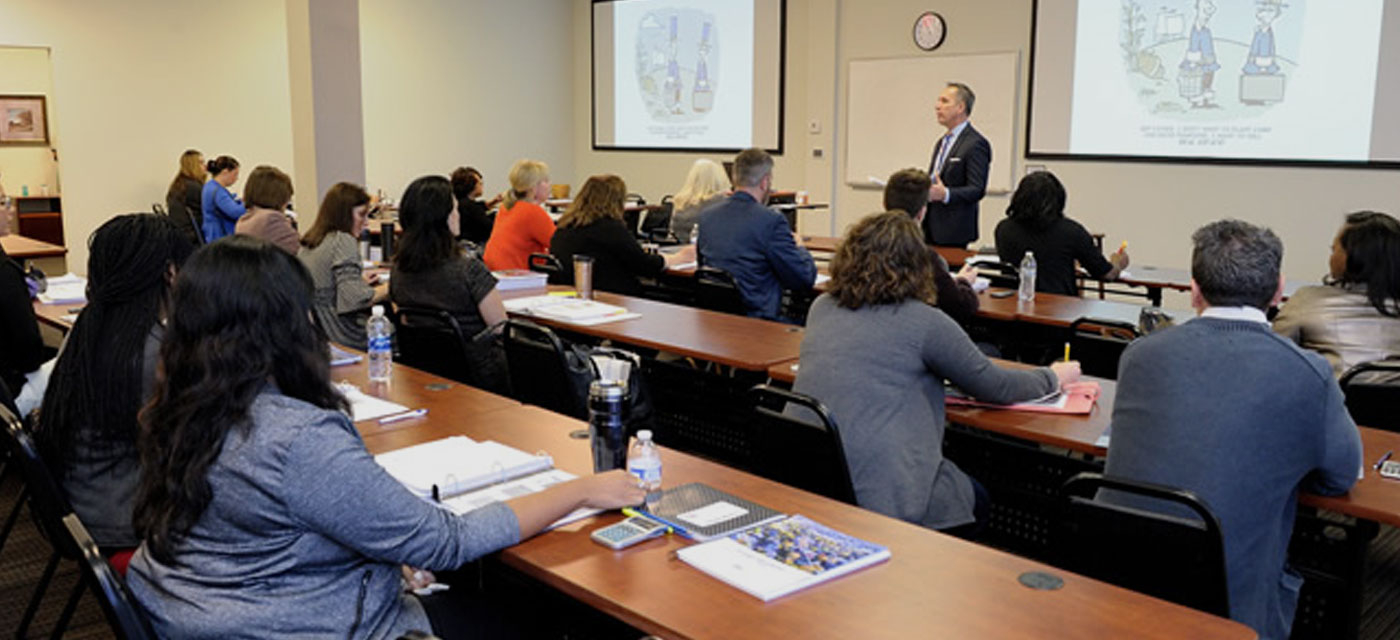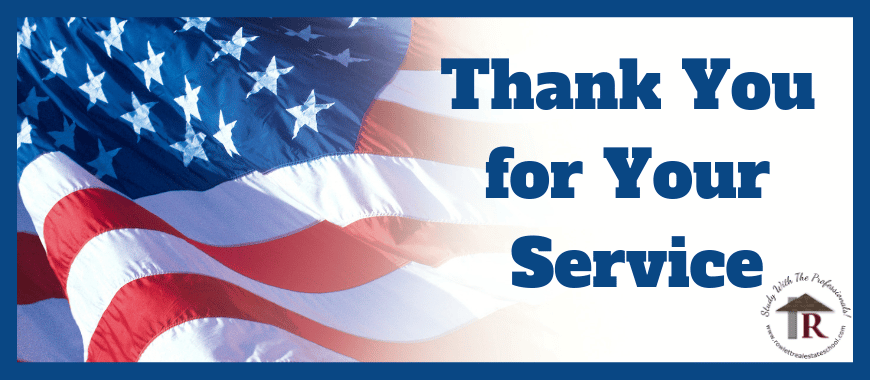
Here are some ways you can invest in real estate without spending a lot of money. These include House hacking, Hard money loans, and 203(k). Another popular option for investors is equity partnership. One way to get a mortgage-free property is to first buy it and then pay it off over time. This may not be as easy and straightforward as you think. You don't have to spend any money to invest in real property.
House hacking
A house hacking strategy is one of the best ways you can invest in realty without having to put down any money. It involves buying multifamily property and living there, then renting the rest and selling the property for a profit after two or three years. This strategy is suitable for both single-family and multi-family properties. Sometimes it is possible to live in a property completely free of rent.

203(k ) Loans
The 203(k) loan is designed for first-time investors. This loan is perfect for houses that require renovation. However, the house must be occupied for at most 12 months. This can be frustrating especially if there are unexpected repairs after the loan approval. You can make the process much easier by working with an experienced real estate agent who is familiar with how to apply for a loan under 203(k).
Hard money loans
It can be daunting to think of how to find hard money lenders if you are looking at investing in realty without money. Hard money lenders are usually flexible with the terms of their loans because they are based on the property's value. You may find a lender who shares the same goals as you and who can provide the financing that is needed.
Equity partnership
If you're wondering how to invest in real estate with no money, you've come to the right place. Even though you might not have enough money to buy a house of your own, there are still many options for acquiring funds. You can even borrow money from family and friends to buy a house. There are many ways to get money, whether you borrow from friends or family or go through a private lender.
Lease option
You can invest in real estate without investing any money by using a lease option. A lease option is when you make monthly payments with an option to purchase the property at a later date. It is important to find a tenant willing to pay the agreed upon rent and then you will be paid a deposit. You should charge more than the actual property value for the deposit. This strategy will allow you to earn $300 per month.

Wholesale deals
If you are looking for a way to invest in real estate wholesale deals with no cash, then this article will give you some tips. Wholesale properties don't usually get listed. This gives them a unique opportunity to earn quick profits. Although it can be difficult to find the right property at an affordable price, there are many benefits to investing in wholesale properties. Wholesale properties are not only priced below the market, but must also have upside potential. As an investor, you'll need to research the local real estate market, curate a buyer's list, and secure a financing source to get started. Start by researching local wholesale properties.
FAQ
Should I use an mortgage broker?
A mortgage broker may be able to help you get a lower rate. Brokers are able to work with multiple lenders and help you negotiate the best rate. Some brokers receive a commission from lenders. Before you sign up for a broker, make sure to check all fees.
What should you think about when investing in real property?
The first thing to do is ensure you have enough money to invest in real estate. You will need to borrow money from a bank if you don’t have enough cash. It is important to avoid getting into debt as you may not be able pay the loan back if you default.
You must also be clear about how much you have to spend on your investment property each monthly. This amount must include all expenses associated with owning the property such as mortgage payments, insurance, maintenance, and taxes.
It is important to ensure safety in the area you are looking at purchasing an investment property. It is best to live elsewhere while you look at properties.
How much money do I need to save before buying a home?
It depends on how long you plan to live there. Save now if the goal is to stay for at most five years. If you plan to move in two years, you don't need to worry as much.
How much money will I get for my home?
This can vary greatly depending on many factors like the condition of your house and how long it's been on the market. Zillow.com says that the average selling cost for a US house is $203,000 This
Can I get another mortgage?
However, it is advisable to seek professional advice before deciding whether to get one. A second mortgage is used to consolidate or fund home improvements.
What are the top three factors in buying a home?
When buying any type or home, the three most important factors are price, location, and size. Location is the location you choose to live. Price refers to what you're willing to pay for the property. Size refers the area you need.
Statistics
- Private mortgage insurance may be required for conventional loans when the borrower puts less than 20% down.4 FHA loans are mortgage loans issued by private lenders and backed by the federal government. (investopedia.com)
- This seems to be a more popular trend as the U.S. Census Bureau reports the homeownership rate was around 65% last year. (fortunebuilders.com)
- Some experts hypothesize that rates will hit five percent by the second half of 2018, but there has been no official confirmation one way or the other. (fortunebuilders.com)
- When it came to buying a home in 2015, experts predicted that mortgage rates would surpass five percent, yet interest rates remained below four percent. (fortunebuilders.com)
- Based on your credit scores and other financial details, your lender offers you a 3.5% interest rate on loan. (investopedia.com)
External Links
How To
How to Manage a Rental Property
You can rent out your home to make extra cash, but you need to be careful. We'll help you understand what to look for when renting out your home.
Here are the basics to help you start thinking about renting out a home.
-
What factors should I first consider? Take a look at your financial situation before you decide whether you want to rent your house. If you have outstanding debts like credit card bills or mortgage payment, you may find it difficult to pay someone else to stay in your home while that you're gone. Your budget should be reviewed - you may not have enough money to cover your monthly expenses like rent, utilities, insurance, and so on. This might be a waste of money.
-
How much will it cost to rent my house? There are many factors that influence the price you might charge for renting out your home. These factors include the location, size and condition of your home, as well as season. Remember that prices can vary depending on where your live so you shouldn't expect to receive the same rate anywhere. Rightmove estimates that the market average for renting a 1-bedroom flat in London costs around PS1,400 per monthly. This means that if you rent out your entire home, you'd earn around PS2,800 a year. It's not bad but if your property is only let out part-time, it could be significantly lower.
-
Is it worth it. You should always take risks when doing something new. But, if it increases your income, why not try it? Be sure to fully understand what you are signing before you sign anything. Your home will be your own private sanctuary. However, renting your home means you won't have to spend as much time with your family. Before you sign up, make sure to thoroughly consider all of these points.
-
Are there any advantages? Now that you have an idea of the cost to rent your home, and are confident it is worth it, it is time to consider the benefits. You have many options to rent your house: you can pay off debt, invest in vacations, save for rainy days, or simply relax from the hustle and bustle of your daily life. Whatever you choose, it's likely to be better than working every day. If you plan ahead, rent could be your full-time job.
-
How can I find tenants After you have made the decision to rent your property out, you need to market it properly. Listing your property online through websites like Rightmove or Zoopla is a good place to start. Once potential tenants contact you, you'll need to arrange an interview. This will enable you to evaluate their suitability and verify that they are financially stable enough for you to rent your home.
-
How do I ensure I am covered? If you're worried about leaving your home empty, you'll need to ensure you're fully protected against damage, theft, or fire. You will need to insure the home through your landlord, or directly with an insurer. Your landlord will likely require you to add them on as additional insured. This is to ensure that your property is covered for any damages you cause. This doesn't apply to if you live abroad or if the landlord isn’t registered with UK insurances. You will need to register with an International Insurer in this instance.
-
It's easy to feel that you don't have the time or money to look for tenants. This is especially true if you work from home. Your property should be advertised with professionalism. Make sure you have a professional looking website. Also, make sure to post your ads online. A complete application form will be required and references must be provided. Some people prefer to do the job themselves. Others prefer to hire agents that can help. It doesn't matter what you do, you will need to be ready for questions during interviews.
-
What happens after I find my tenant?After you've found a suitable tenant, you'll need to agree on terms. If you have a contract in place, you must inform your tenant of any changes. You may also negotiate terms such as length of stay and deposit. It's important to remember that while you may get paid once the tenancy is complete, you still need to pay for things like utilities, so don't forget to factor this into your budget.
-
How do I collect my rent? When it comes time for you to collect your rent, check to see if the tenant has paid. If they haven't, remind them. You can deduct any outstanding payments from future rents before sending them a final bill. If you're having difficulty getting hold of your tenant you can always call police. If there is a breach of contract they won't usually evict the tenant, but they can issue an arrest warrant.
-
How can I avoid problems? Renting out your house can make you a lot of money, but it's also important to stay safe. You should install smoke alarms and carbon Monoxide detectors. Security cameras are also a good idea. Also, make sure you check with your neighbors to see if they allow you to leave your home unlocked at night. You also need adequate insurance. You should not allow strangers to enter your home, even if they claim they are moving in next door.